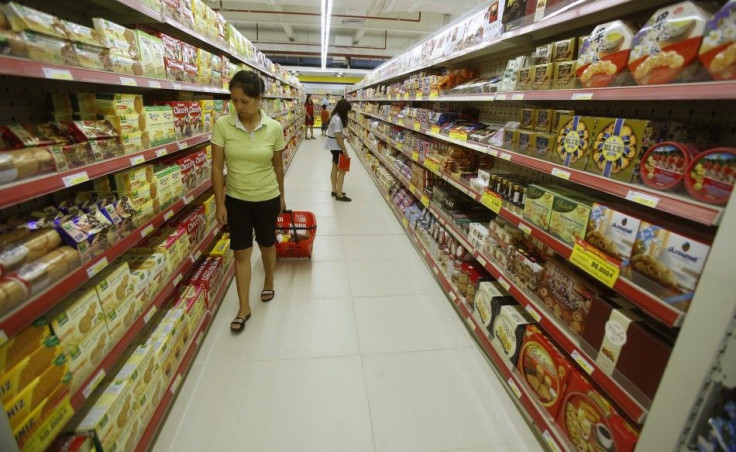Canadians Food Waste Hit Whopping $31B Per Year, How Reduce Food Waste

Other regions in the world such as those in Africa are in dire need of food and water so much that donations are needed just to ensure the people there get to eat. But not in Canada. In this country, the reverse happens. Food is disregarded that Canadians food wastage in 2014 had reached an equivalent whopping amount of $31 billion.
A report published by Value Chain Management International (VCMI), released on Thursday, said the amount could even go higher by as much as three times when energy, water and other resource costs are factored in. Also not yet included were food that's wasted in hospitals, schools and prisons. If all those were factored in, Canada's true cost of wasted food will reach a whopping $100 billion a year.
The food waste that go to Canadian landfills come from both residential and commercial sectors. A Canadian average family wastes food by about $86 per month, while restaurants, between 5 percent to 11 percent their profits. "That's a lot of money we could put back in our pocket just at a household level," Dr Martin V. Gooch and Dr Abdel Felfel, report authors, said.
The report said most of Canadians' food waste happens once bought by consumers:
- Consumers account for 47 percent of the food wasted across Canada, equivalent to $14.6 billion annually
- International caterers (for airlines, cruise ships, etc) waste 20 percent
- Farmers waste 10 percent
- Retailers waste 10 percent
- Restaurants waste 9 percent
- The rest is wasted at the processing level and during transportation
VCMI said Canada's mounting food waste problem is highly preventable and easily eradicated if all food chain industry players coordinate. Farmers down to processors to retailers should work hand-in-hand to solve the undesirable menace because food waste affects everyone.
"Food and associated waste costs businesses money. It also increases the cost of food to consumers," the report said. "From environmental and societal perspectives, avoidable food and associated waste costs everybody."
Tammara Soma, one of the organizers behind a food waste symposium held recently at the University of Toronto, agreed the ill practice is highly correctible. People just have to be conscious about the size of their food rations, do menu planning and even be creative in using food nearing their expiry life.
Very ripe bananas can be transformed into a smoothie. Or store them in freezer because they be used for baking later, Soma said. If you don't mind eating or repeating leftovers, store them in the freezer. They are still good to eat even two days after. Calculate food portions. Not everybody eats big, especially very young children. Cook food according to the size of the family.





















